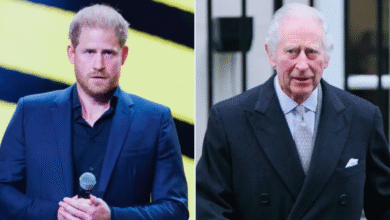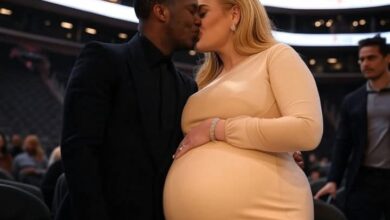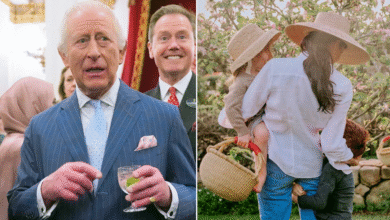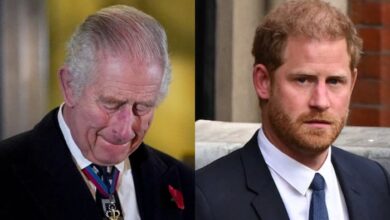Denied: Prince Philip reduced Queen to tears with ‘brutal’ conduct during heated…
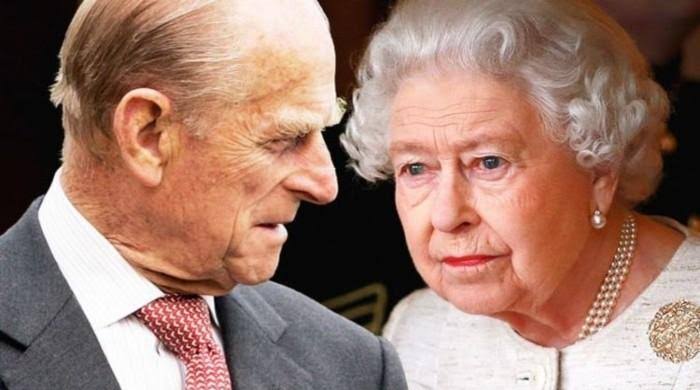
Prince Philip had wanted his children with the Queen to take on his anglicised name, Mountbatten, as most fathers traditionally do in the UK. But the Duke of Edinburgh saw his demands rejected as Prime Minister Winston Churchill insisted the Royal Family would have to be known by Her Majesty’s surname of Windsor due to its historical connotations. Philip’s response to the stand-down order allegedly reduced the Queen to tears due to her deep love for her husband, according to expert Francesca Calazzo.
Ms Calazzo told Italy’s Il Messaggero: “Queen Elizabeth and Prince Philip have been together for 72 years.
Their relationship is solid, but in the past it did make some creaking sounds.
“In particular, according to a biography written by Bedell Smith, something happened between the 1950s and 1960s that put the royal couple to the test.
“Her Majesty – always very attentive towards her husband – found herself in tears because of the ‘brutal’ behaviour of her husband, who had made a very specific request.
Royal commentators through the years suggested the decision to bypass the Mountbatten surname in favour of Windsor had been a serious blow to Prince Philip.
Prince Philip’s biographer, Philip Eade, claimed the Duke of Edinburgh had admitted to friends he felt frustrated with the decision.
Mr Eade said: “He said, ‘I’m nothing but a bl***y amoeba.’
“Some sort of happier compromise might have been found but I think it definitely created problems in the marriage.”
Royal historian Hugo Vickers suggested the decision may have sparked a rather “unhappy moment” for the Duke of Edinburgh in his relationship with her majesty.
The Government’s position would only change in the months before the birth of the couple’s third child, Prince Andrew, in 1960.
The Queen was reported to have approached Prime Minister Harold MacMillan insisting “he absolutely needed to review” the decision on the Royal Family name as the issue already “irritated her husband in 1952.”
Prince Philip ultimately secured a victory when it was decided the name Mountbatten-Windsor would be used by male-line descendants of the Queen whenever an official name is required.
Prince Andrew and Princess Anne both signed their marriage certificate as Mountbatten-Windsors and Prince Edward’s children, the Lady Louise and James, Viscount Severn, officially bear the name.
Prince Charles and Prince William are both entitled to use the Mountbatten-Windsor name but they traditionally use their personal titles, Wales and Cambridge, if and when a surname is needed.
And the Duke of Cambridge’s older children, Prince George and Princess Charlotte, are registered as George and Charlotte Cambridge at school despite both being descendants of the monarch in the male line.
Prince Harry has also been using his personal title, Sussex, as a surname when needed.
But at the birth of his son Archie in May 2019, the Duke of Sussex and wife Meghan Markle opted to forego official styles for the baby much as Prince Edward did, meaning the young boy is officially known as Master Archie Mountbatten-Windsor.
